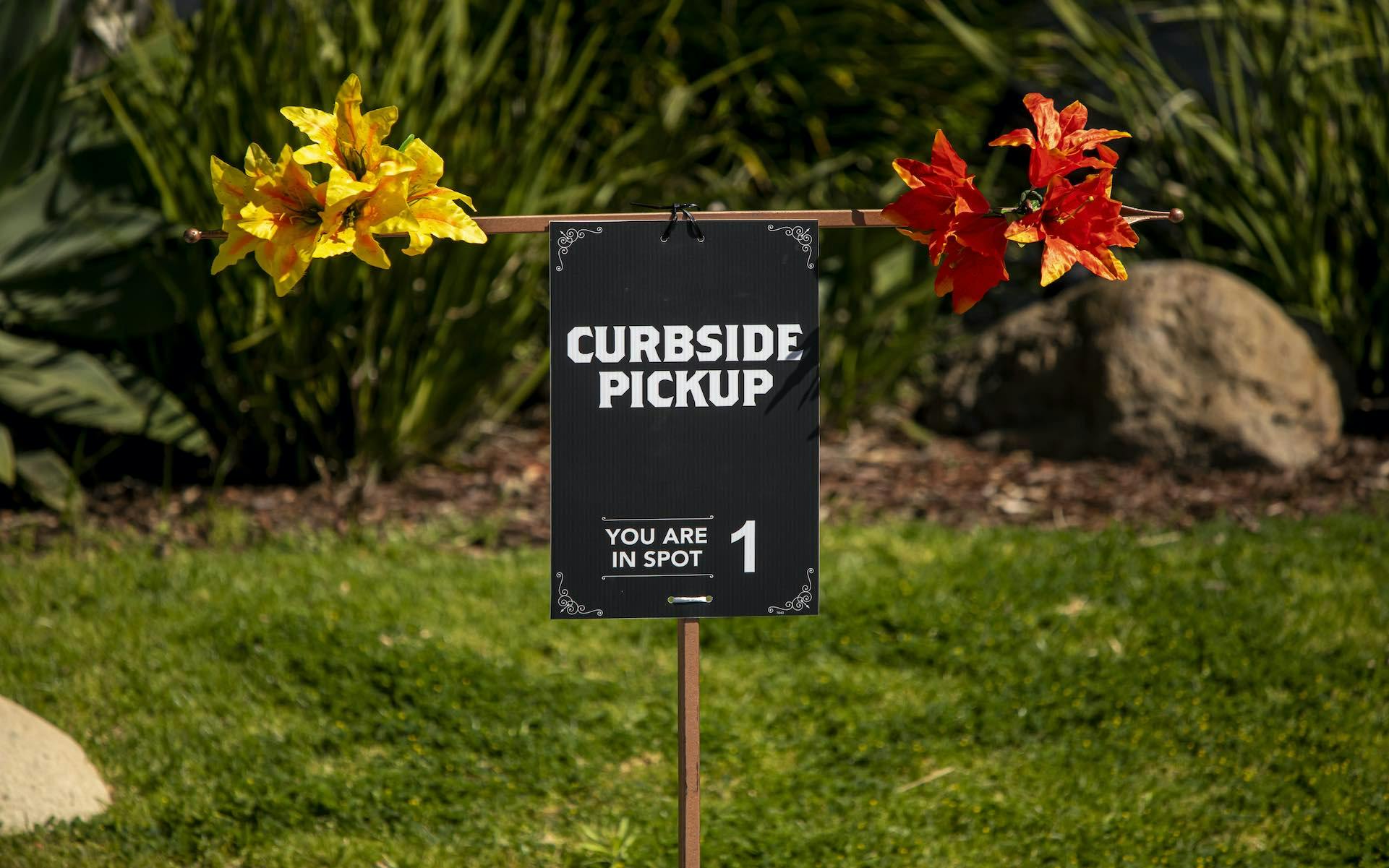Is marijuana legal in Massachusetts?
Current legality status
recreational
Cannabis in Massachusetts is classified as a legal, recreational-use substance for adult consumption.
Marijuana and its extracted forms are all legal for recreational and medical use. The recreational system opened for business for adults 21 and older on January 1, 2020. Hemp is also legal.
Within the past 10 years, Massachusetts has legalized both medical and recreational use of cannabis.
Massachusetts recreational marijuana laws
In 2016, voters approved the state’s law legalizing recreational use of weed by anyone 21 and over. Massachusetts had already decriminalized marijuana eight years earlier, and voters approved medical marijuana legalization in 2012.
Anyone 21 and over can have up to one ounce in their personal possession or up to 10 ounces of weed stored at home. Each person can have up to six plants in their home while there is a limit of 12 plants for two or more adults per home. More than one ounce of weed being kept at home must be locked up, according to state law.
As with alcohol, you cannot have an “open container” of cannabis in the passenger area of your car while driving or in public spaces. As the state’s legalization law explains, “It must be stored in a closed container in your trunk or a locked glove compartment.”
Massachusetts allows cities, towns, employers, and landlords to set their own rules on marijuana use.
Adult marijuana consumers 21 years of age and older may possess:
- One (1) ounce of usable marijuana in a public place
- Up to ten (10) ounces of usable marijuana at home or in another private setting
- Up to five (5) grams of cannabis concentrate
- Up to six (6) mature plants for personal use, with a maximum of 12 plants per residence regardless of how many people. They must not be viewable to the public.
Violating these rules by possessing up to two ounces in one’s personal possession or growing up to 12 plants per person results in a civil penalty of no more than $100.
Shop highly rated dispensaries near you
Showing you dispensaries nearMassachusetts recreational marijuana bills
The Massachusetts Legalization, Regulation and Taxation of Marijuana Initiative, also known as Question 4, passed in 2016 with 53.59% of the vote.
It introduced a network of rules and regulations around cannabis similar to laws on alcohol sales.
The first retail sales of cannabis kicked off in late November 2018, making Massachusetts the first state in the US East Coast to allow dispensaries to sell weed to anyone 21 and over. Within the first two months, retailers made nearly $24 million in sales.
Massachusetts medical marijuana laws
Four years before Massachusetts voters approved full legalization, they voted in a law allowing medical marijuana sales. Patients are potentially able to purchase far more than recreational users. The state allows for them to purchase a 60-day supply, an arbitrary amount pretty much set by their physician.
When the law first went into effect, some municipalities tried to ban medical marijuana dispensaries, or “treatment centers,” as Massachusetts calls them. State Attorney General Marth Coakley later announced cities and towns cannot ban local dispensaries.
A registered medical marijuana patient may possess a 60-day supply, which is an amount left to the discretion of their physician.
Massachusetts medical marijuana bills
In 2012, the Massachusetts Medical Marijuana Initiative, or Question 3, passed with 63% of the vote.
The legislation eliminated state criminal and civil penalties for possession of cannabis when it’s being used to treat a qualifying medical condition. It allows patients to purchase the drug from state-regulated distributors, and in specific hardship cases, to grow marijuana for their personal use.
Qualifying conditions for medical marijuana in Massachusetts
The state’s Act for the Humanitarian Medical Use of Marijuana states that patients must have a “debilitating medical condition” specified by the state to register and receive a medical card. The law defines illnesses as debilitating if they are “causing weakness, cachexia, wasting syndrome, intractable pain, or nausea, or impairing strength or ability, and progressing to such an extent that one or more of a patient’s major life activities is substantially limited.”
The qualifying conditions listed by the state include:
- HIV/AIDS
- Glaucoma
- Hepatitis C
- Crohn’s Disease
- Amyotrophic lateral sclerosis
- Cancer
- Parkinson’s Disease
- Multiple sclerosis
- Other conditions as determined in writing by a patient’s physician
How to get a medical marijuana card in Massachusetts
Any Massachusetts resident 18 and over with a qualifying medical condition, or their primary caregiver, can apply for a medical marijuana registration card through the following steps:
- Check and see if you have a medical condition that qualifies under state law.
- Find a health care provider who has registered with the state Medical Use of Marijuana Program; this includes physicians, nurse practitioners, and physician assistants. State-registered clinics and providers can be found through Leafly’s searchable database.
- Visit the health care provider for an exam to determine whether cannabis is suitable treatment. Some clinics, such as MedWell Health and Wellness in Boston, have offered $175 online and telemedicine certifications this year given the ongoing pandemic and stay-at-home orders.
- If you qualify, you will receive a PIN number from the health care provider.
- Use the PIN number to register online at the Massachusetts Medical Use of Marijuana Program website. You must also include in the application a current government-issued ID and current, accepted photograph. The state eliminated a $50 registration fee last year so it’s free to enroll.
More details on how to apply online or through a paper application can be found here.
Does Massachusetts accept out-of-state medical cards?
While out-of-state medical marijuana cards are not accepted in Massachusetts, anyone 21 and over—including out-of-state visitors—can purchase marijuana from licensed dispensaries across the state since all recreational use is legal.
When does my Massachusetts medical card expire?
A medical card in Massachusetts expires and must be renewed annually.
Massachusetts marijuana growing laws
Anyone 21 and over can cultivate up to six plants at home or up to 12 plants per residence when there are two or more people. The plants must be grown in an area that has a lock or security device, and they cannot be visible from a public place “without the use of binoculars, aircraft or other optical aid,” according to the state’s website.
Massachusetts prohibits any at-home manufacturing of marijuana or hemp “by means of any liquid or gas, other than alcohol, that has a flashpoint below 100 degrees Fahrenheit,” as the state explains.
Before full legalization, the state allowed medical marijuana patients experiencing hardship to grow their own weed at home for personal use. This is known in Massachusetts as “hardship cultivation,” according to state health officials. To qualify, a patient must show proof of at least one of the following:
- Verified financial hardship
- Physical incapacity to access reasonable transportation
- Lack of a registered medical marijuana dispensary “within a reasonable distance” (the state does not give a specific distance)
The patient or their personal caregiver must grow the weed at one of their homes, but not both. Plants must be cultivated and stored in an enclosed, locked area that is not visible to the public. In state guidelines given to cities, public health officials are vague about how much weed can be grown:
“Only an amount sufficient to provide the qualifying patient with a sixty day supply may be cultivated.”
Other Massachusetts laws regulating cannabis
Massachusetts allows anyone 21 and over to legally purchase cannabis. But that’s not the only way the state’s marijuana legalization mirrors its alcohol laws. Not surprisingly, public consumption and DUIs are also a no-go and can lead to paying fines or worse.
Massachusetts public consumption laws
Smoking or otherwise consuming weed in a public place or on publicly owned land is strictly prohibited. This is explained in state guidance on the recreational marijuana law: “Like alcohol, you cannot have an open container of adult-use marijuana or marijuana products in the passenger area of our car while on the road or at a place where the public has access.”
An “open container” could be marijuana in a package with a seal that’s been broken or removed. The “passenger area” does not include a car’s trunk or locked glove compartment.
However, as established in Comm. v. Rodriguez (2015), the smell of burned marijuana is not enough for police to pull someone over. Four years earlier, the court decided in Comm. v. Cruz (2011) that the smell of burned marijuana does not give law enforcement just cause to order someone out of a car.
“No person shall consume marijuana in a public place or smoke marijuana where smoking tobacco is prohibited. A person who violates this subsection shall be punished by a civil penalty of not more than $100. This subsection shall not apply to a person who consumes marijuana or marijuana products in a designated area of a marijuana establishment located in a city or town that has voted to allow consumption on the premises where sold and shall not be construed to limit the medical use of marijuana.”
Mass. Gen. laws. Part 1. Title XV. Section 13 (c) – Fines, regulations related to public use
Massachusetts cannabis DUI laws
By state law, driving while under the influence of marijuana results in a fine of no less than $500 and up to $5,000, or by imprisonment of no more than two and a half years, or both the fine and imprisonment.
If an offender has a prior alcohol or marijuana-related DUI conviction, they face a fine of between $600 and $10,000 and by imprisonment of at least 60 days but no more than two and a half years. For the second-time offense, Massachusetts law requires that the sentence not be reduced to less than 30 days and not be suspended. The defendant cannot be eligible for probation, parole, or furlough, or receive any deduction from their sentence for good conduct until 30 days are served.
A third-time offender faces a fine of at least $1,000 and up to $15,000, and imprisonment of no less than 180 days and no more than two and a half years, or a fine of $1,000 to $15,000 and imprisonment in the state prison for no less than two and a half years and up to five years. Penalties increase for subsequent violations.
“Whoever, upon any way or in any place to which the public has a right of access, or upon any way or in any place to which members of the public have access as invitees or licensees, operates a motor vehicle with a percentage, by weight, of alcohol in their blood of eight one-hundredths or greater, or while under the influence of intoxicating liquor, or of marijuana, narcotic drugs, depressants or stimulant substances, all as defined in section one of chapter ninety-four C, or while under the influence from smelling or inhaling the fumes of any substance having the property of releasing toxic vapors as defined in section 18 of chapter 270 shall be punished by a fine of not less than five hundred nor more than five thousand dollars or by imprisonment for not more than two and one-half years, or both such fine and imprisonment.”
Mass. Gen. laws. Part 1. Title XIV. Section 24. (1) (a)
DUI testing methods include breath, blood, and/or urine.
Massachusetts cannabis testing regulations
The state has a strict pesticide ban—which applies to even organic pesticides—and has specific testing for specific types of product. For instance, the state tests flower for contaminants remaining from cultivation like pesticides as well as fungal, microbial growth that happens during finishing while cannabis concentrates are tested for the same elements as well as certain solvents used to extract oil.
Massachusetts has set thresholds for certain contaminants and has an online listing of all independent laboratories in the state.

Common questions about marijuana legalization in Massachusetts
How old do you have to be to legally purchase cannabis?
Medical marijuana patients can apply for a registration card beginning at age 18. Recreational use is open to anyone 21 and over.
Can you grow your own weed in Massachusetts?
Yes, recreational users can grow up to six plants per person so long as they are kept in a locked, enclosed space at home not viewable to the public. Two or more people can grow up to 12 plants per household. Medical marijuana patients who show proof of hardship, such as financial struggles or not having physical access to a dispensary, can grow their own weed for personal use at home.
When did recreational sales start?
Recreational retailers started selling to everyone 21 and over in November 2018.
Can you order cannabis for delivery?
Yes, you can enjoy purchasing weed from the comfort of your home via delivery, and some stores have introduced curbside pickup due to stay-at-home orders during the pandemic.
Learn more about marijuana legalization in Massachusetts
Here are some additional resources, news, and references for Massachusetts marijuana policy.
Keep up with the latest news about legalization in Massachusetts
Stay current on Massachusetts’ fast-changing laws by bookmarking Leafly politics and signing up for our newsletter.
By providing us with your email address, you agree to Leafly's Terms of Service and Privacy Policy.


